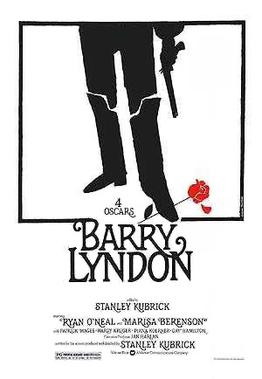I’ve just finished watching “Barry Lyndon”, Stanley Kubrick’s meticulous time machine reconaissance of the 18th century, as revealing and terrifying as his exploration of our future in “Clockwork Orange”. I’ve always been a Kubrick fan, he never made a bad movie, most were exceptional. Just think Paths of Glory, Spartacus, Dr. Strangelove, 2001, Lolita, Eyes Wide Shut, The Shining, and Full Metal Jacket. “Lyndon” is one of my favorites, being possibly the most beautiful movie ever made, as well as one of the most technically innovative. It was not a critical or commercial success.
Kubrick made very few films, so those who admire his work are forced to watch them over and over again, a practice which, in his case at least, pays great dividends. I also like to read reviews of his work, even conflicting ones, or those which pan films I believe to be masterpieces. Criticism is an art form in itself, not merely a Cliff Notes exercise, but a record of how the artist has reached others. For after all, art is measured by how it affects others, not for its own sake. The interpretation will vary among perceptive reviewers, and even change through time as the esthetics of the age evolve.
Here is a very good review of “Barry Lyndon”, which I present as an example of this thesis. Don’t worry about spoilers, and don’t worry if you are not familiar with the film. The review is not just about the movie, but about universal themes, many of which we have repeatedly discussed here on the Zone, and which Kubrick himself explores in great detail.
